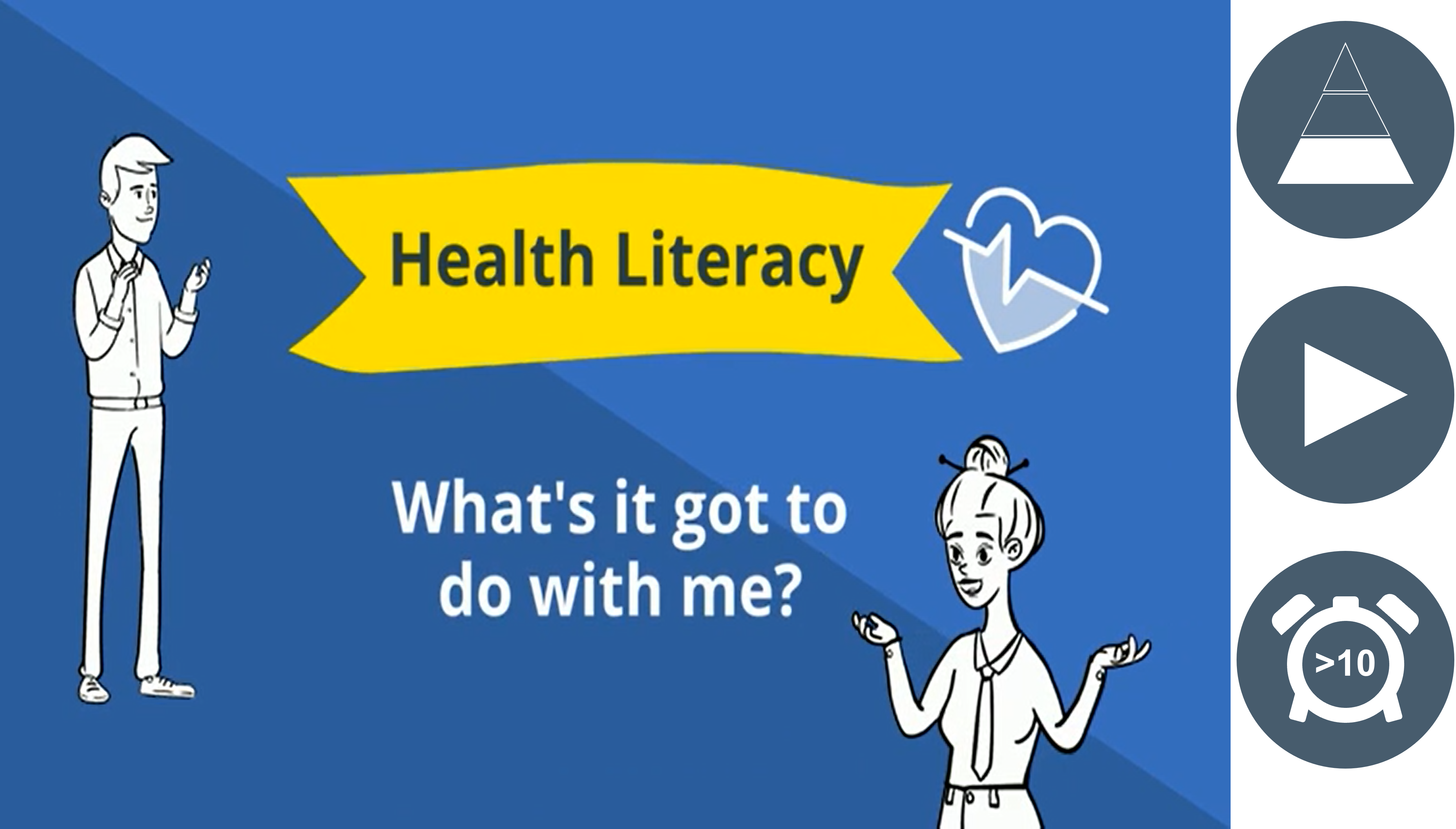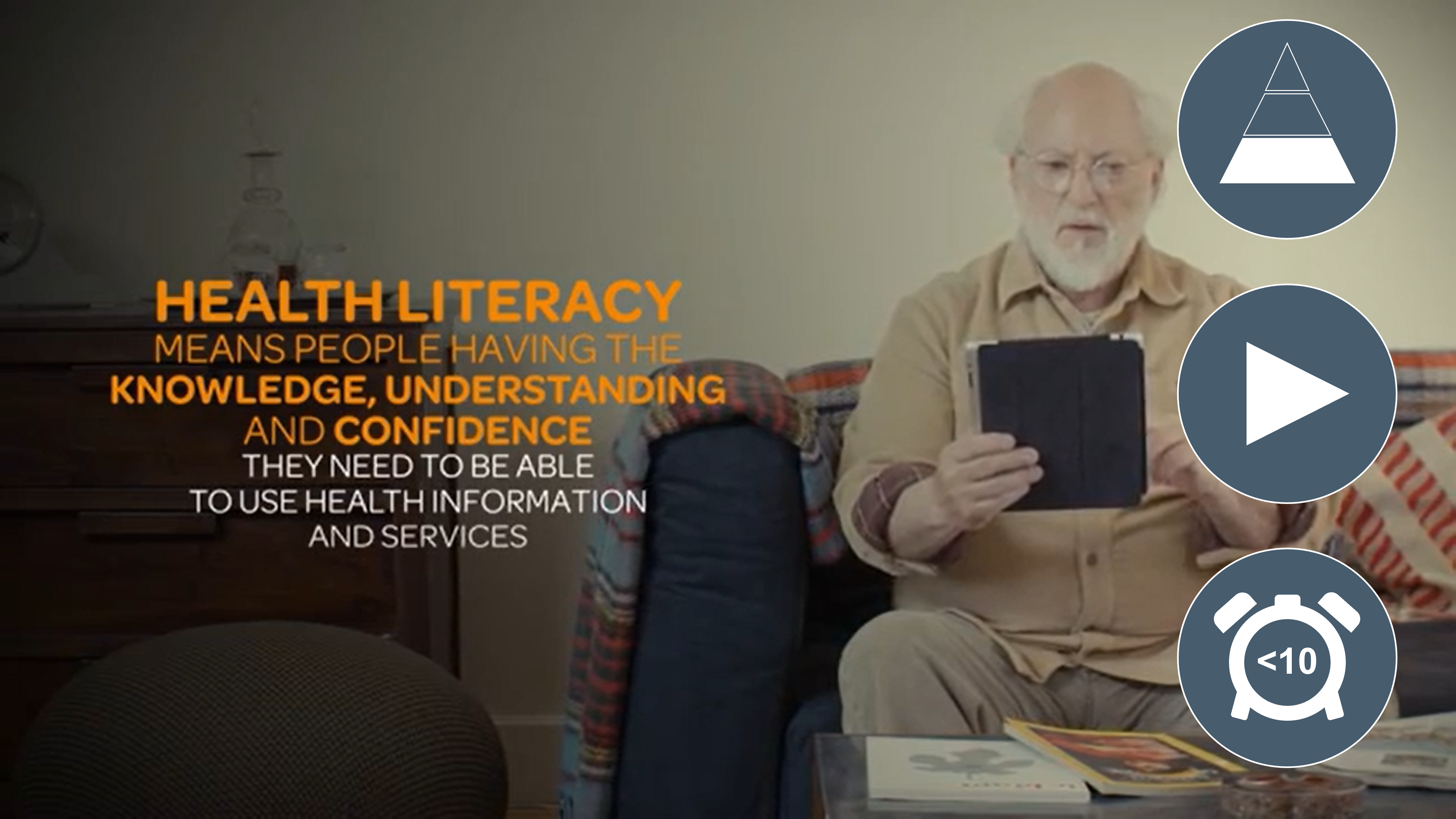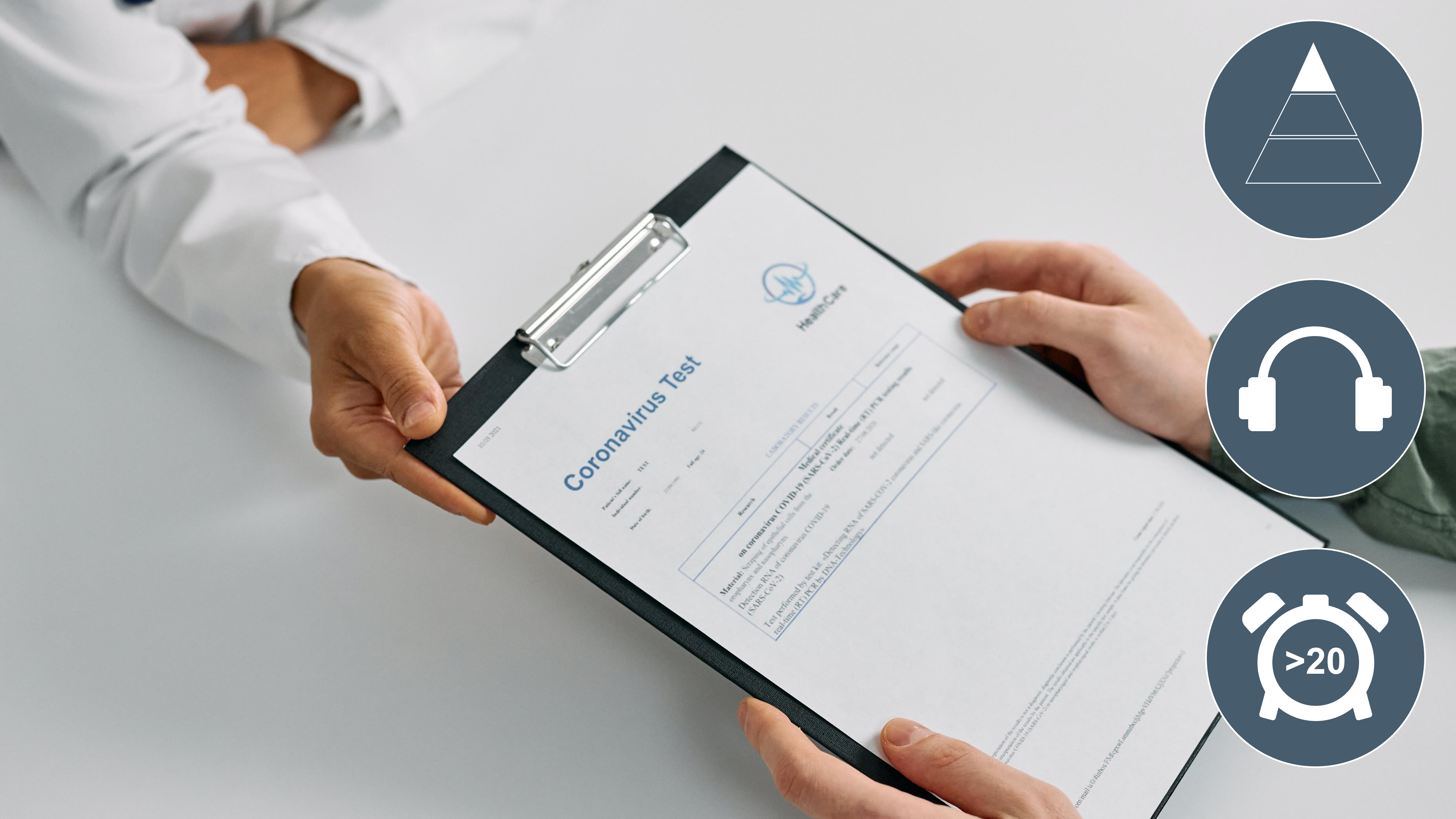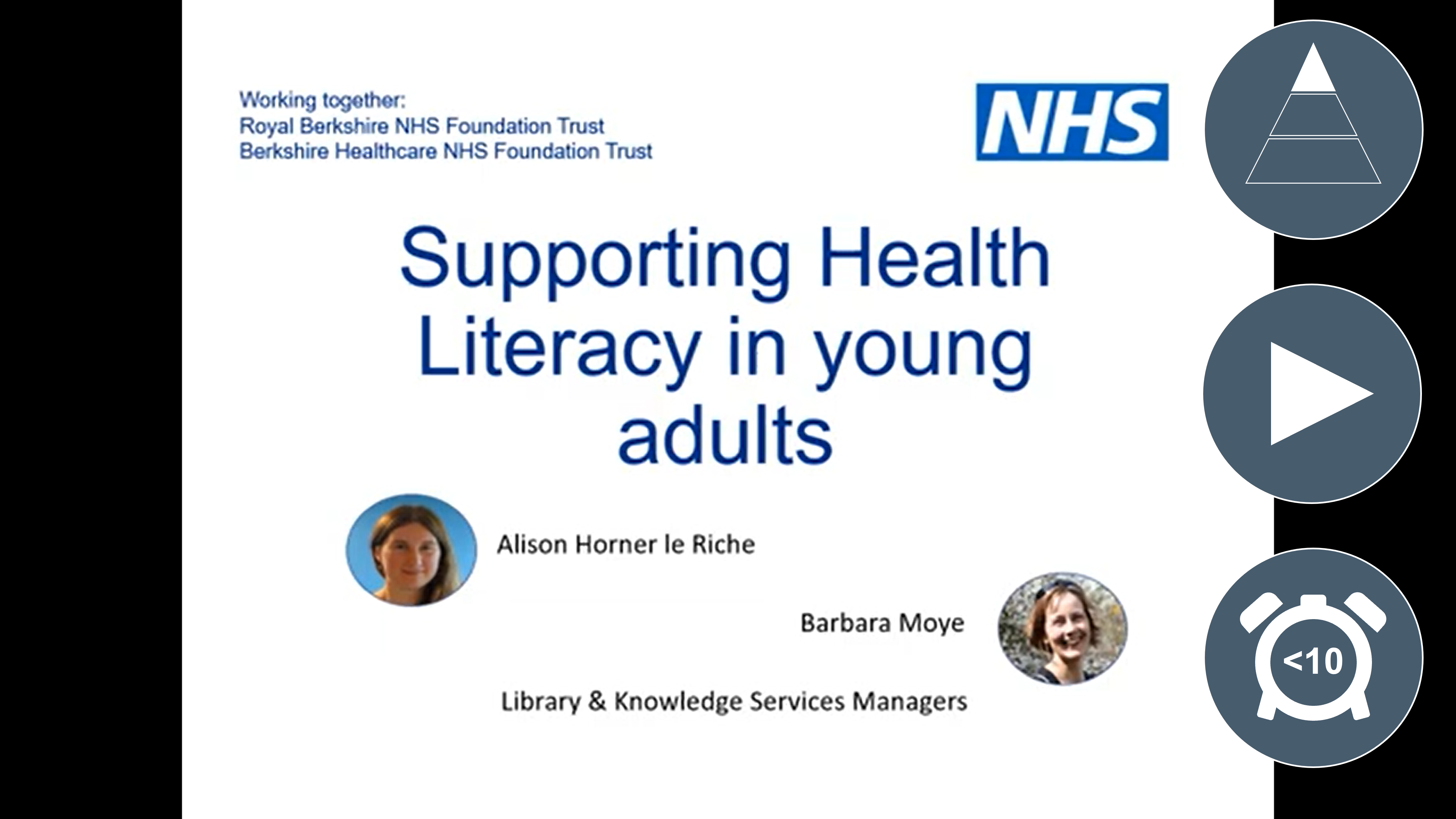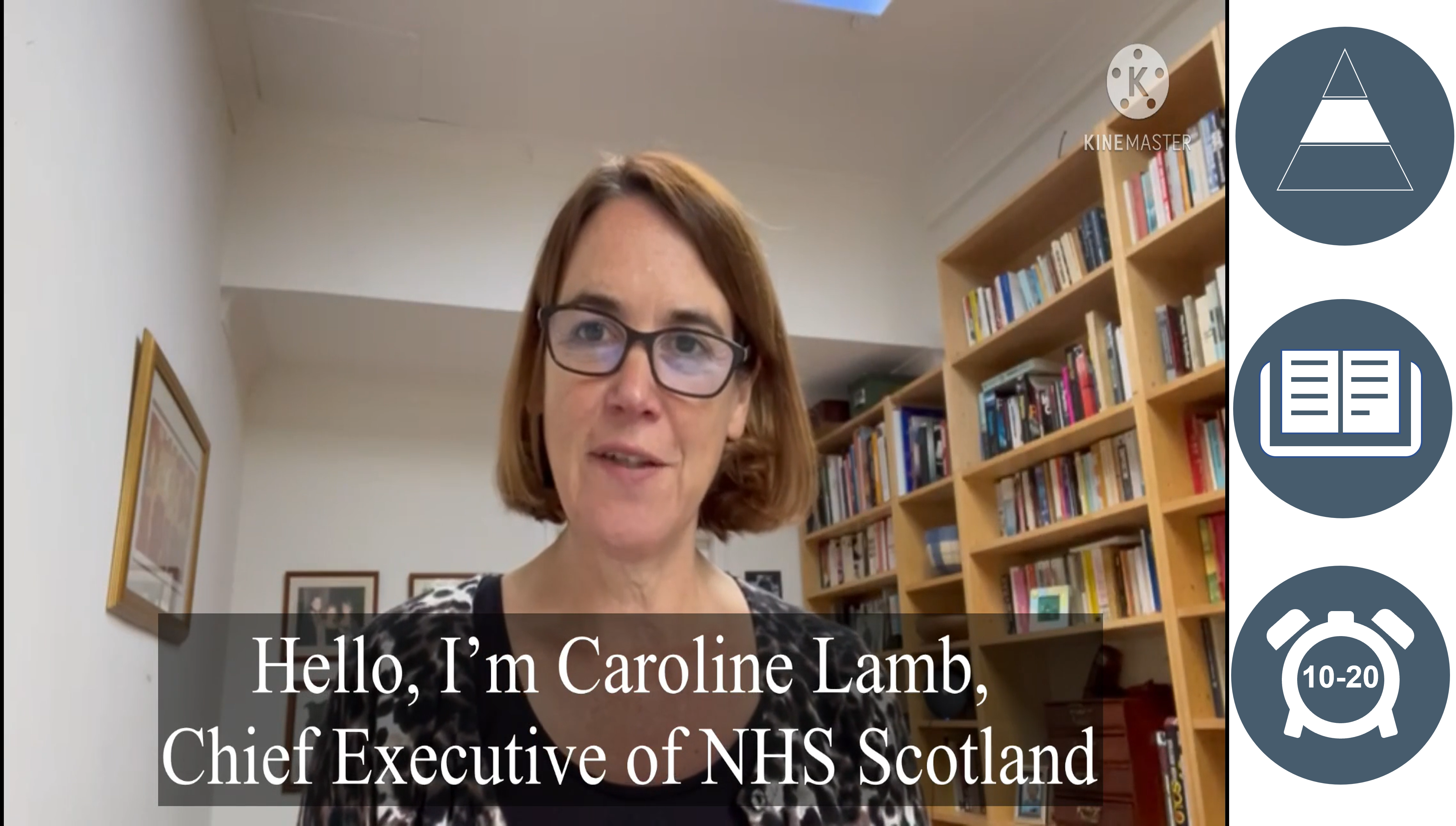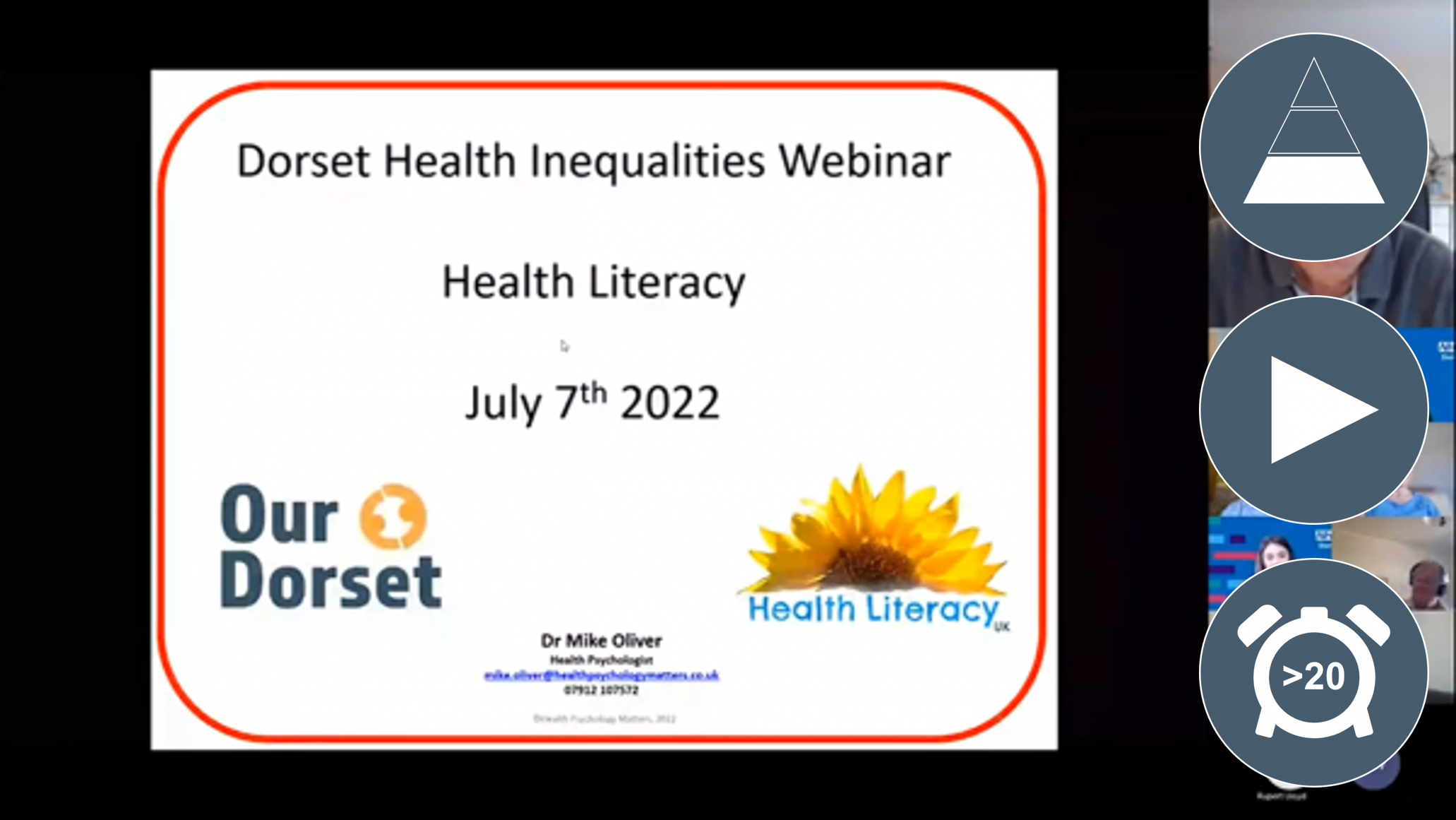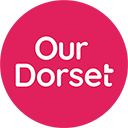Health literacy is important because it helps people understand health information, make informed decisions, and manage their health effectively. When people struggle to understand health advice or services, they are more likely to experience poor health outcomes. This is especially true for those in disadvantaged communities, where low health literacy is more common.
Health inequalities arise when certain groups have worse health than others, often due to social, economic, or environmental disadvantages. Low health literacy contributes to these inequalities by limiting people’s ability to access care, follow treatments, and engage in healthy behaviours. Improving health literacy can empower individuals, reduce unnecessary healthcare use, and help close the gap in health outcomes between different groups.



